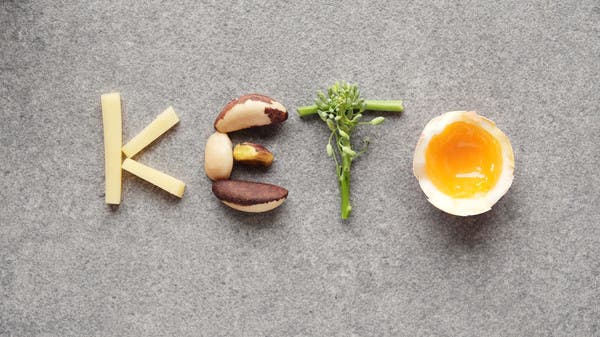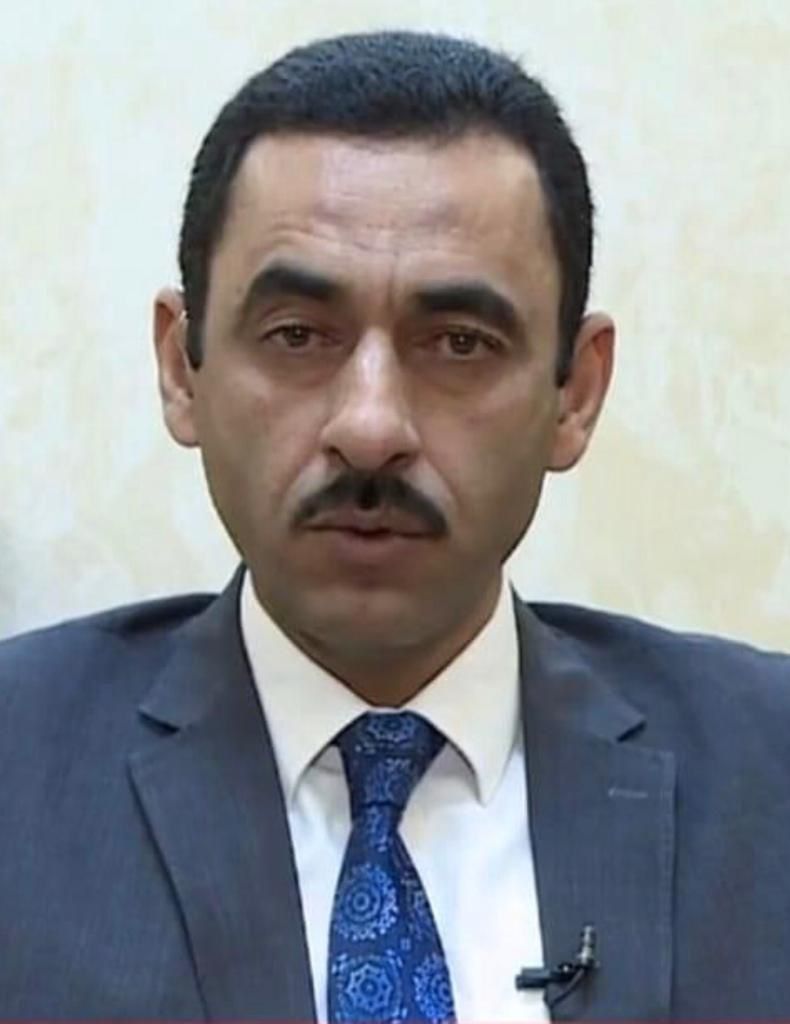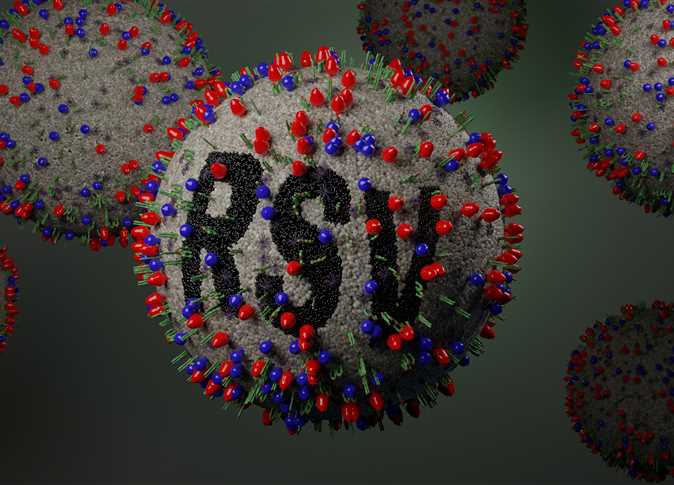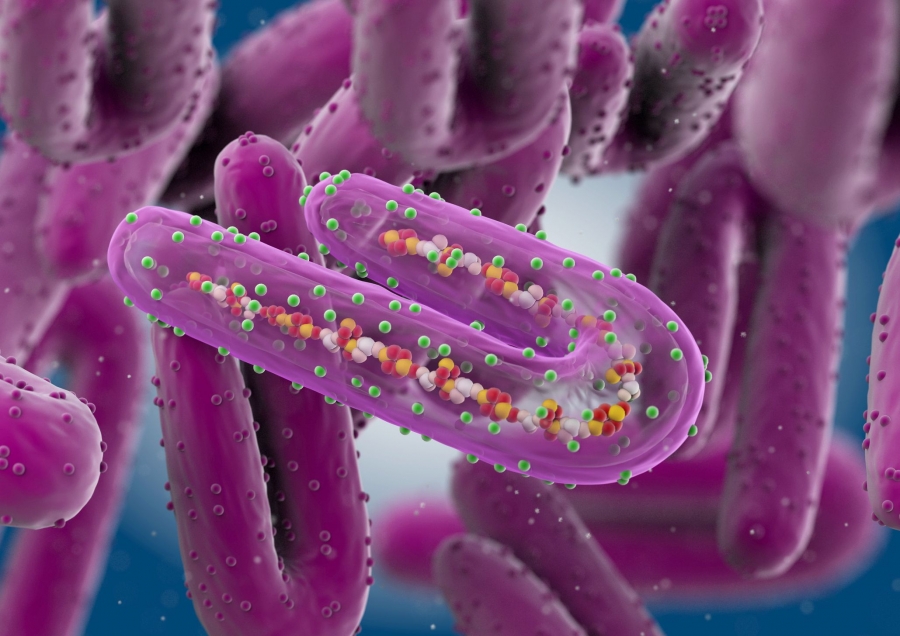Ramadan and the keto diet: Is it safe? Ask the expert

Ramadan is a chance for Muslims to "cleanse” their diet from bad eating habits and and begin a journey toward health. This Ramadan many health-conscious people are turning to the hottest diet on trend – the ketogenic diet, or keto for short – to lose weight and manage their health conditions.
But what is the keto diet? And is it safe to follow while fasting for Ramadan?
Here are the answers to your questions from Dubai-based licensed dietitian Racha Adib.
What is keto all about?
The keto diet is a low carbohydrate plan that drastically cuts out carbohydrates – such as grains, legumes, most vegetables and fruit – and replaces them with good and bad fats like nuts, avocado, lard and butter. This forces your body to rely on ketones produced from fat for fuel, a state known as ketosis, because it doesn’t have enough carbs to burn for energy. Ketosis typically kicks in after three to four days of eating 50 grams or less of carbs per day. That is about two slices of bread, and a small apple. While burning fat seems like an ideal way to lose weight, it may not necessarily be a good thing.
Ramadan fasting and Keto: Should you combine the two?
During this month, Muslims around the world will be fasting 15-17 hours a day, which leaves them with a small window of seven to nine hours to nourish their bodies and sleep. This makes it crucial to focus on choosing nutritious foods; otherwise, the combination of long fasting hours and poor nutrition could be a disaster for health.
The key here is getting in enough calories, nutrients and water and the keto diet makes that all the more challenging. For example, a common practice is to eat three dates and drink milk. Dates contain potassium and simple sugars while milk contains calcium, protein and water. Combined, they help the body restore energy and re-hydrate. So, using dates as an example, following a keto diet would allow for only eating dates while omitting milk which will be in place of any other nutritious foods including fruits, vegetables and grains.
Fruits and vegetables are rich source of vitamins, minerals and phytochemicals that support gut health and immunity. With the COVID-19 pandemic sweeping across the globe, eating vitamin rich food is now top of mind for optimal health.
Moreover, with limited grains such as whole grain rice, whole wheat bread, freekeh and bulgur, the keto diet is very low in fibre, and can exaggerate gastrointestinal symptoms such as constipation. A major review of more than 300 meta-analyses by Anthony Fardet and Yves Boirie even found grains are more protective than fruit and vegetables.
Let’s not forget the symptoms that appear with starting a keto a diet such as nausea, cramping, fatigue, irritability, trouble sleeping and brain fog. Some people call this the "keto flu” which typically begins within two days of starting the diet and can stay with you for two to four weeks. With all these adverse reactions, many people may find that fasting on the keto diet is too difficult. They’ll often break the diet, overindulge on their next meal and find themselves back where they stared.
Take home message
Although many books and websites are promoting keto diets, in reality the diet is backed by very little evidence for the general population and the long-term effect and safety is unknown. Instead of resorting to drastic changes in your diet, it makes better sense to follow an eating pattern that you can stick to and that fits with your lifestyle. Consider making small tweaks that you can adopt which will make the world of difference to how you feel today and to your health over time. For example, you can commit yourself to 30 minutes of walking per day, pack half your plate with veggies, cut down on high sugar drinks, or swap white rice with whole grain rice.
And remember, the Keto diet is strictly forbidden for pregnant and lactating women and type 1 diabetics. Should you decide to follow the keto diet, you will need to be supervised by both a dietician and a medical practitioner.








